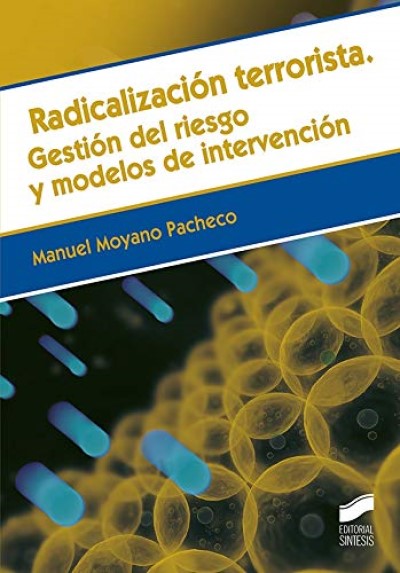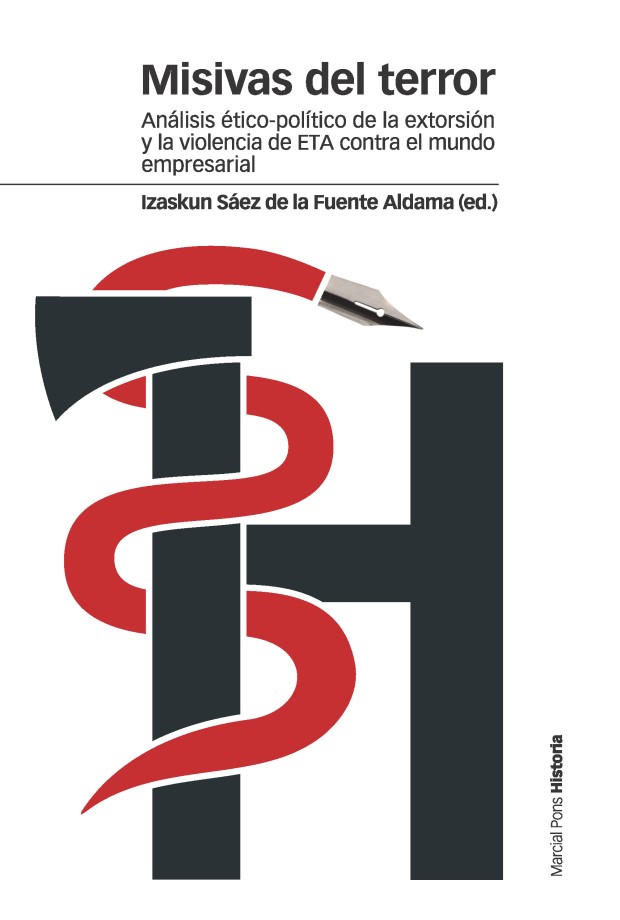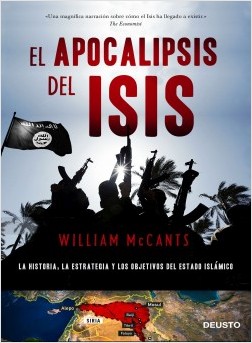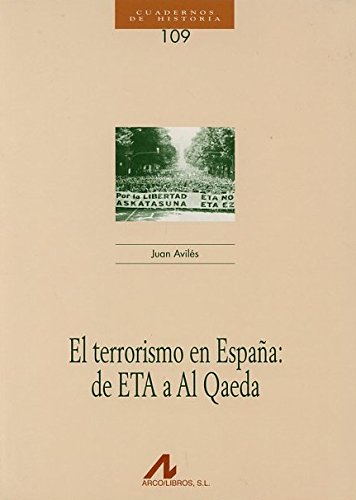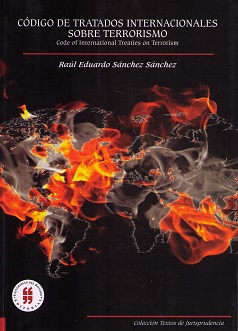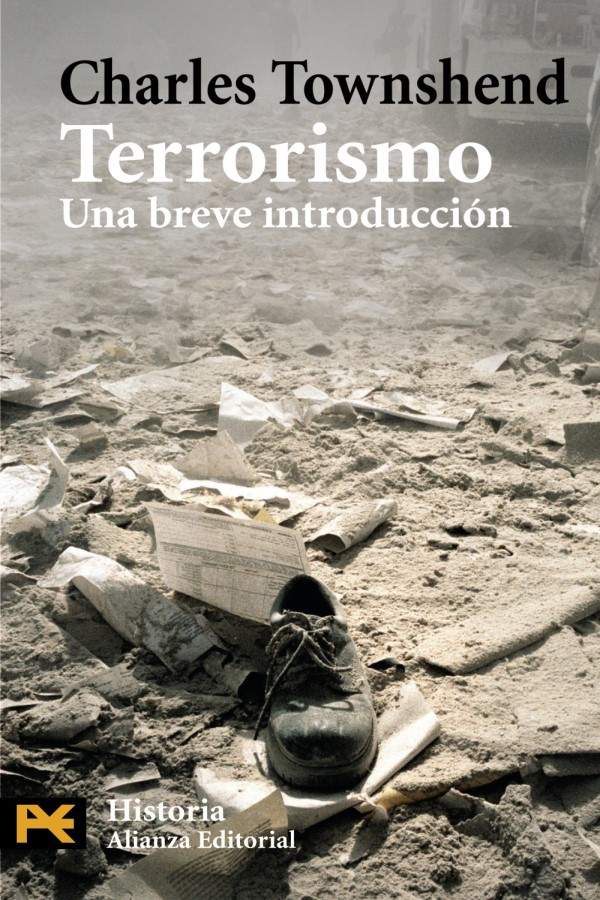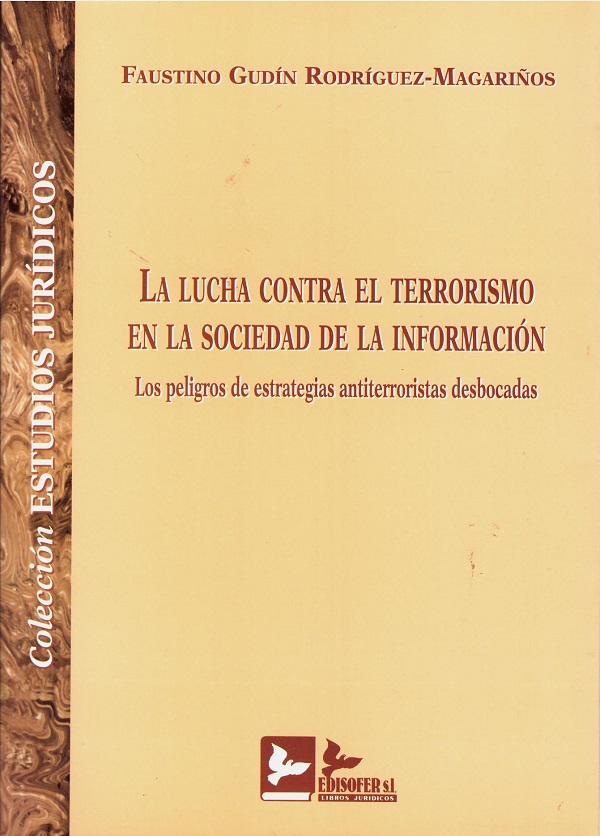Radicalización terrorista
Gestión del riesgo y modelos de intervención
El fenómeno de la radicalización terrorista supone una preocupación creciente que genera incertidumbre, polarización y sufrimiento en todos los rincones del planeta. La presente guía ofrece una visión actualizada y práctica sobre los retos emergentes relacionados con este problema social. La sucesión de contenidos identifica, unifica y sintetiza los hallazgos más importantes sobre la temática, con el fin de que adquieran un carácter práctico y operativo para las futuras generaciones de profesionales de la criminología, la seguridad y la intervención psicosocial.
A lo largo de nueve capítulos y estudios de caso, se abordan aspectos tales como el estatus científico de la investigación, las perspectivas teóricas existentes, los modelos transferibles para la intervención de primera línea, las herramientas de evaluación del riesgo o el conocimiento aplicado de utilidad para la prevención de la radicalización y el abandono de la violencia. Todo ello tratado de forma rigurosa pero con un afán divulgativo y didáctico.
ÍNDICE / Radicalización terrorista
Prólogo
1. Caracterización de la radicalización terrorista
2. Estatus científico de la investigación sobre radicalización y terrorismo
3. Breve revisión de las principales perspectivas
4. El modelo 3N de la radicalización
5. Metáforas y analogías aplicadas a la radicalización terrorista
6. Evaluación del riesgo de radicalización y terrorismo
7. De la prevención de la radicalización al abandono de la violencia
8. Comunicación y antiterrorismo
9. El desafío de los combatientes terroristas
Solucionario
Bibliografía
AUTOR: Manuel Moyano Pacheco
MÁS TÍTULOS RELACIONADOS: POLÍTICA. TERRORISMO
1. Introduction –international immunities in a state of flux? Tom Ruys, Nicolas Angelet and Luca Ferro
2. The restrictive rule of state immunity – the 1970s enactment and its contemporary status Hazel Fox
3. The sources of immunity law – between international and domestic law Lori Fisler Damrosch
4. Divergent views on state immunity in the international community Wenhua Shan and Peng Wang
5. Immunity and the exercise of jurisdiction – indirect impleading and Exequatur Nicolas Angelet
6. Jurisdictional immunity of states and general international law – explaining the Jus Gestionis V. Jus Imperii divide Alexander Orakhelashvili
7. Jurisdictional immunity of states – commercial transactions Yas Banifatemi
8. Jurisdictional immunity of states and non-commercial torts Sally El Sawah
9. Waivers of jurisdictional immunity Catherine Amirfar
10. Jurisdictional immunities of international organizations – origins, fundamentals and challenges Niels Blokker
11. Immunities of the United Nations and specialized agencies Kristen E. Boon
12. Jurisdictional immunity of regional organizations – substantive unity in instrumental diversity? Ramses A. Wessel
13. The material scope of state immunity from execution Jean-Marc Thouvenin and Victor Grandaubert
14. Immunity from execution of Central Bank assets Ingrid Wuerth
15. Immunity from execution and diplomatic property Cedric Ryngaert
16. Immunity from execution of military and cultural property Matthew Happold
17. Measures of constraint and the immunity of international organizations Eric De Brabandere
18. Enforcing sovereign arbitral awards – state defences and creditor strategies in an 1. Imperfect World Mark A. Cymrot
19. Immunity from execution and domestic procedural rules – preventive control, burden of proof and discovery Mathias Audit, Nicolas Angelet and Maria-Clara Van Den Bossche
20. Waivers of immunity from execution Frédéric Dopagne
21. Immunities of diplomatic and consular personnel – an overview Sanderijn Duquet
22. Diplomatic and consular immunities – trends and challenges Eileen Denza
23. The immunities of members of special missions Andrew Sanger and Michael Wood
24. Foreign officials entitled to (absolute) personal immunity during their time in office Muriel Ubéda-Saillard
25. Functional immunity of state officials from the criminal jurisdiction of foreign national courts Rosanne Van Alebeek
26. Immunities of foreign officials from civil jurisdiction Chimène I. Keitner
27. Immunities of civil servants of international organizations Christian Walter and Fabian Preger
28. The immunities of visiting forces Aurel Sari
29. Between a rock and a hard place – immunities of the United Nations and human rights Rosa Freedman and Nicolas Lemay-Hébert
30. Immunities and the international criminal court Harmen Van Der Wilt
31. Immunities and Jus Cogens violations Pierre D’argent and Pauline Lesaffre
32. Judicial review of qualifications made by receiving states and host states of international organizations Phillipa Webb
33. Immunity and terrorism David P. Stewart
34. Immunity, inviolability and countermeasures – a closer look at non-UN targeted sanctions Tom Ruys.
Tom Ruys, Universiteit Gent, Belgium
Tom Ruys is a Professor of International Law at Universiteit Gent, Belgium where he heads the Ghent Rolin-Jaequemyns International Law Institute. He holds a doctoral degree from the Katholieke Universiteit Leuven and is a member of the Brussels Bar. He was a visiting researcher at Yale Law School in 2008 and a visiting fellow at the Cambridge Lauterpacht Centre in 2016. Ruys is co-editor-in-chief of the Journal on the Use of Force and International Law and the Military Law and Law of War Review. He was previously awarded the Francis Lieber Prize (2015 article prize and 2011 book prize) as well as the Francis Deák Prize (2015).
Nicolas Angelet, Université Libre de Bruxelles
Nicolas Angelet is a Professor of InternationalLlaw at the Université Libre de Bruxelles, where he notably lectures on diplomatic and consular law, and is a member of the University’s Centre de Droit International. He holds a doctoral degree from the Katholieke Universiteit Leuven. He is a member of the Brussels Bar and an associate tenant of Doughty Street Chambers, London. He has acted as counsel in numerous immunity cases before the Belgian courts, as well as lead counsel before the French and Dutch courts.
Luca Ferro, Universiteit Gent, Belgium
Luca Ferro is a doctoral researcher at the Ghent Rolin-Jaequemyns International Law Institute and a former Visiting Scholar at Columbia Law School (2018). He is working on a Research Foundation – Flanders (FWO) project regarding the impact of the non-intervention principle on third-State assistance to parties engaged in a non-international armed conflict. His writings have appeared (or are forthcoming) in the International & Comparative Law Quarterly, the International Journal of Constitutional Law, the Chinese Journal of International Law and the Military Law and Law of War Review.


